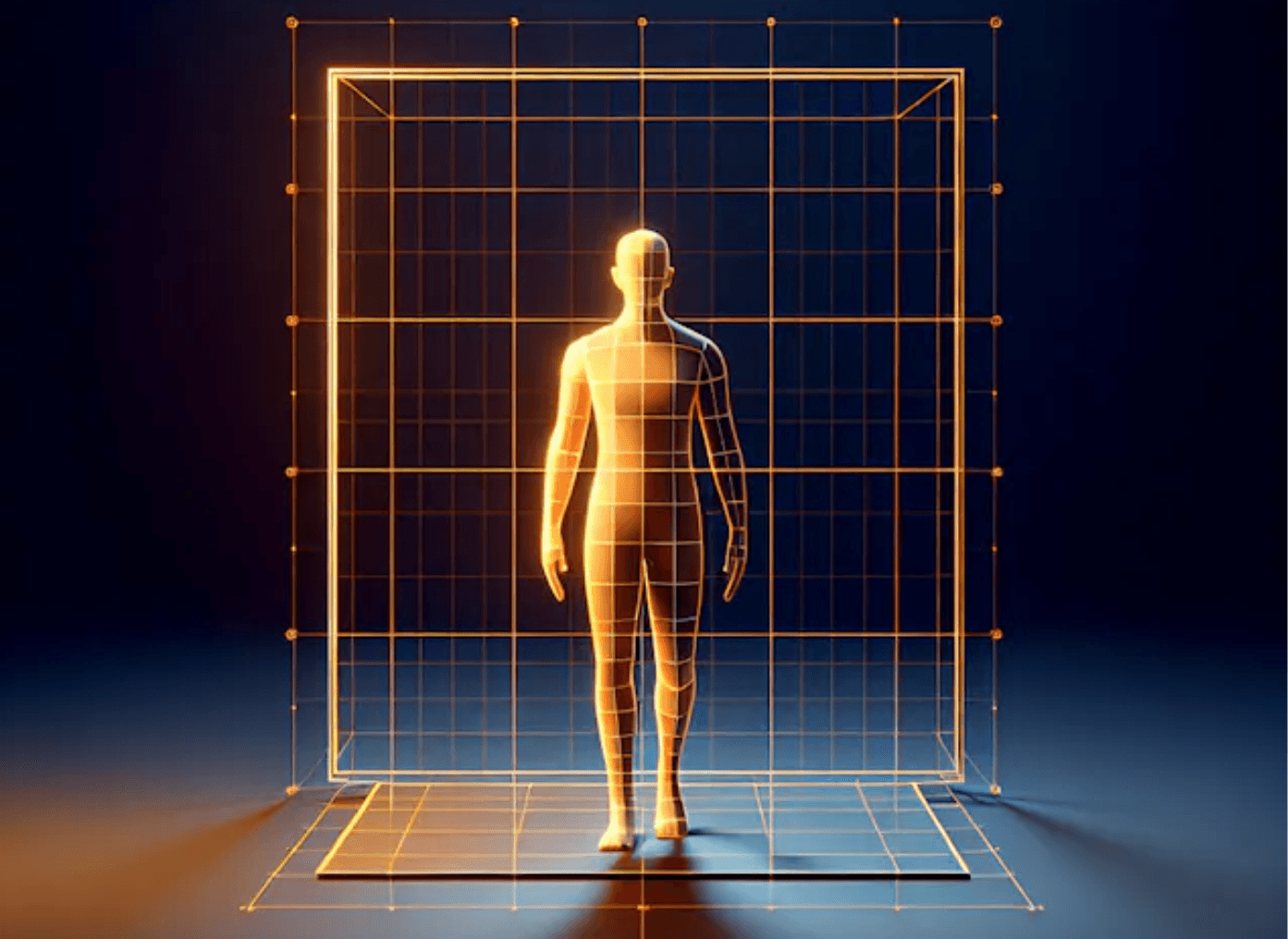Hello! My name is Artem and I often generate images with people, chracters and situations. To generate any image with a person that will feel dynamic and lively, you need to understand this science of poses. And, most often then not, it is quite basic and comprehensible. In this article, I will give you quite a lot of prompts for various poses, will help you to describe this pose that you would like to generate, and to make various ai poses with ease.
Making Poses with AI Image Generators
In general, AI image generators are changing the way we create art. Any tool like Stable Diffusion, DALL-E or Midjourney uses text descriptions to generate images. Those are called prompts. One of the keys to creating amazing AI art is mastering AI pose prompts. So let me teach you how to use pose prompts; to control the position and actions of people; and body shape prompts for your AI-generated images.
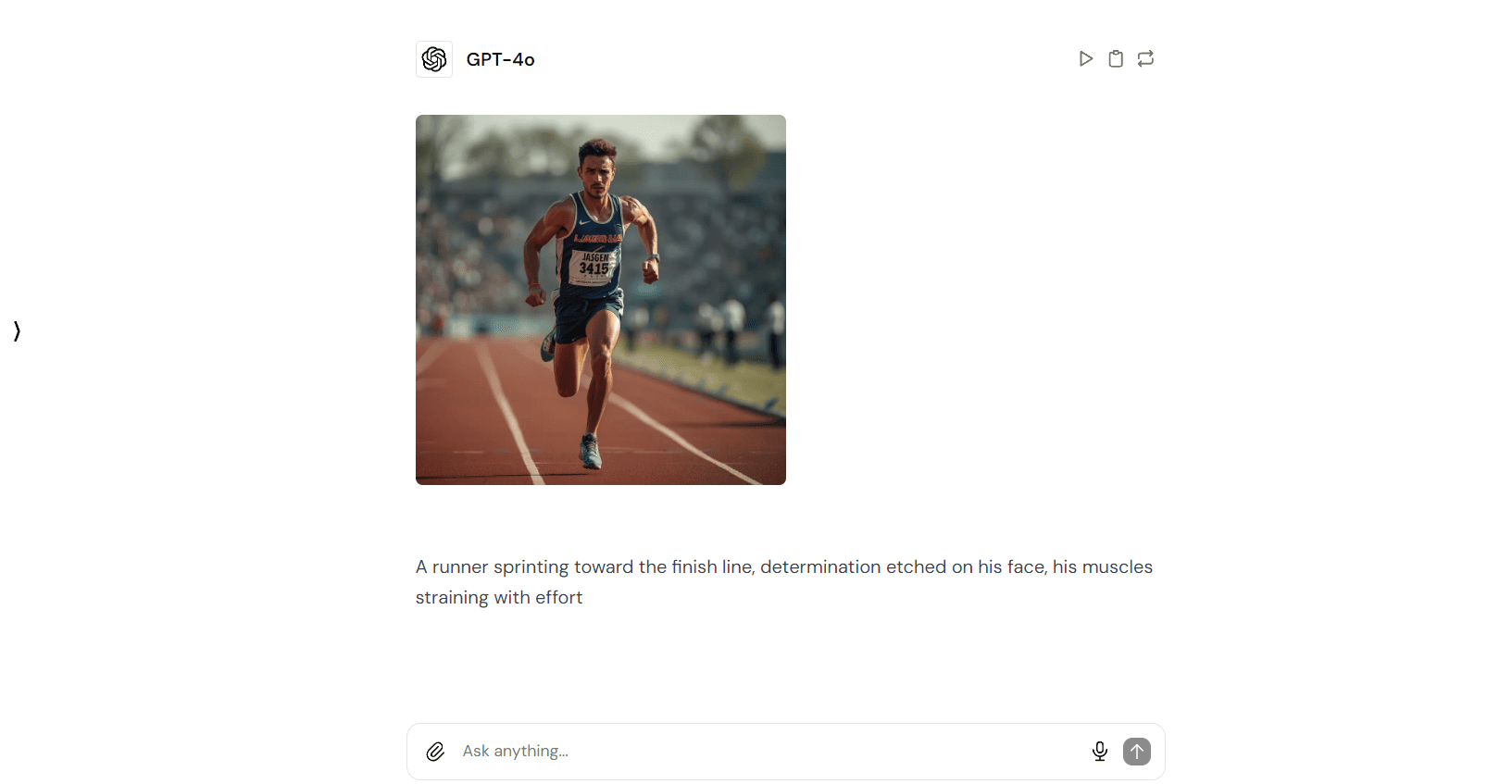
What Image Generators Can You Use?
Several popular AI image generators work with text prompts:
Stable Diffusion: A popular open-source model known for its flexibility, various features, plugins, community and artistic style options.
DALL-E 3: A tool by OpenAI, one of the most popular yet often generic. Still, can give you great results if you know how to prompt for images an prompt for poses. DALL-E 3 is known for quite a high-quality image generation and ability to understand complex concepts when generating.
Midjourney: You use it through a Discord server or through Writingmate. Midjourney often creates dreamlike and imaginative pictures. Has a very distinct style, that got quite popular in AI-art world.
Writingmate: This all-in-one AI tool offers access to a wide range of AI models, from DALLE-3 to Flux and Stable Diffusion 3. It also includes text generation models: GPT 4o, Claude 3.7 Sonnet, Mistral, LLaMa, and many more – all within a single web application. This means you can generate images with Writingmate in a simpler way, because the tool converts human language into text easier, with other language models. This way, you don't need to be a prompt expert to make pictures you want. Try it on https://writingmate.ai
By the way, here is a useful video on the topic. It is in Midjourney but the same logic applies to other generators. Stable Diffusion also has a separate ControlNet plugin for working with poses, but that is a topic for a whole another article.
The Power of AI Pose Prompts
An AI pose prompt describes how you want a person (or sometimes an object or animal) to be positioned in your generated image. Instead of just asking for "a man standing," you could use a prompt like "a man standing confidently, hands on hips, looking into the distance", or something as simple as "ai image prompts bent over"
Why to Use AI Pose Prompts, in the First Place?
Knowing poses and how to prompt them simply gives you more flexibility and control over the final image. It is especially useful if you do animations, comics, and detailed character illustrations.
Control: Take charge of your composition and create more dynamic images.
Emotion and Storytelling: Poses convey emotion and help you tell stories within your art.
Realism: Well-crafted pose prompts can make your generated images look more natural and believable.
And also, remember that you can use both positive prompts and negative prompts, like in this example I've done below. So, let's proceed with some detailed ai image generator body shape prompt help and direct prompts.
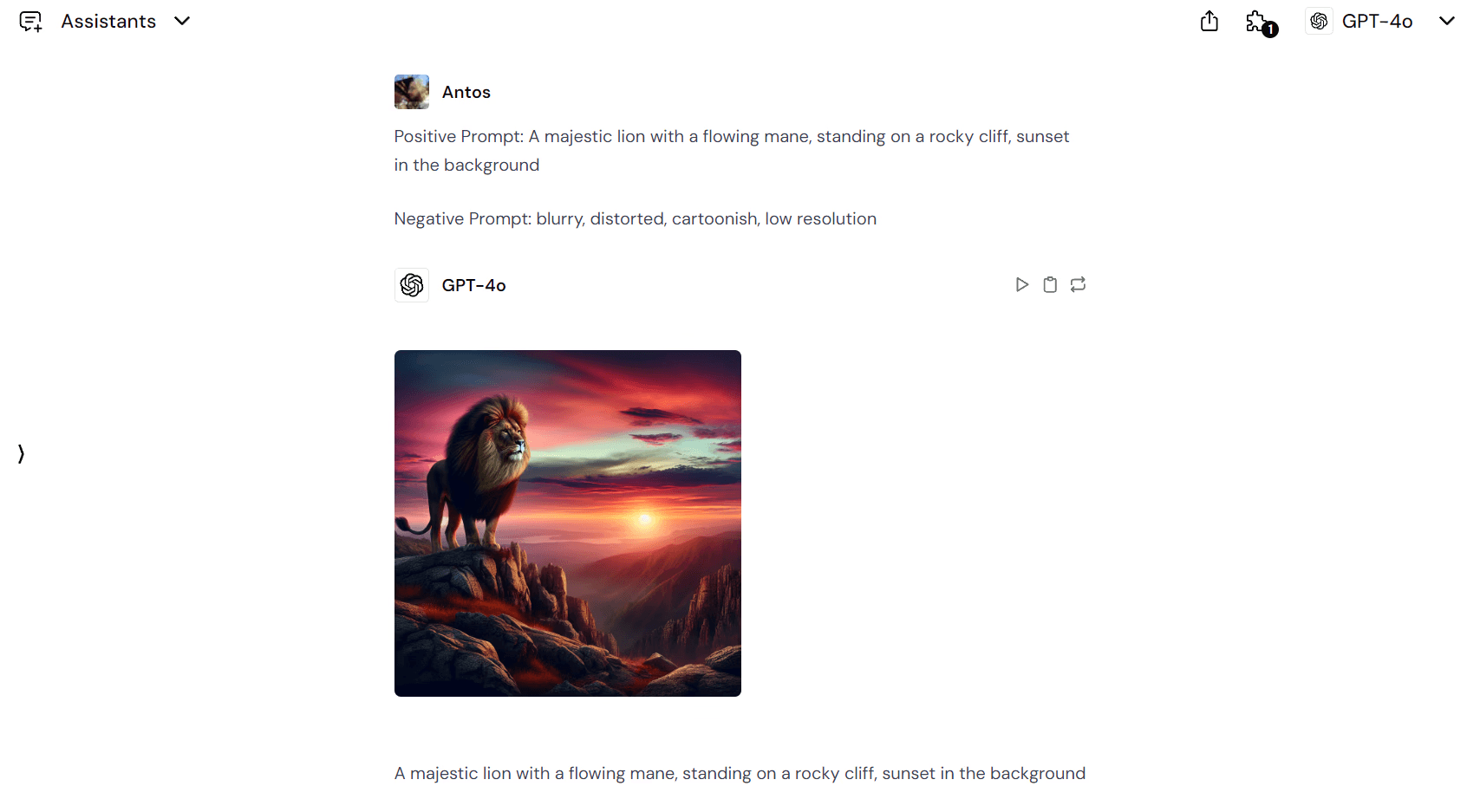
How to Write Effective AI Pose Prompts
Start with the Basics:
Subject: Clearly state the subject (e.g., "woman," "child," "warrior").
Action: Describe the pose using verbs (e.g., "sitting," "running," "dancing").
Body Language: Add details like "arms crossed," "head tilted," or "leaning forward."
Example: A young woman sitting on a bench, reading a book, with her legs crossed and a thoughtful expression.
Get Specific with Modifiers:
Direction: Where is your subject facing? Are they looking directly at the viewer, or turned away? Use words like "facing left," "looking up," "gazing into the distance," or "turned away" to provide clear direction for the AI.
Limbs: The position of arms and legs adds a huge amount of expression to a pose. Are the arms relaxed at the sides, outstretched, reaching for something, or crossed defensively? Are the legs straight, bent, crossed, or in motion? Experiment with descriptions like "arms outstretched," "hands clasped behind back," "kneeling," "legs crossed," or "one leg extended."
Facial Expressions: Facial expressions are crucial for conveying emotions. Think about the mood you want to create and use descriptive words to guide the AI. For example, you could use terms like "smiling," "frowning," "looking surprised," "with a determined expression," or "eyes wide with wonder."
Example: A muscular warrior, facing the camera, standing with his arms crossed, and a determined expression on his face. Here is a result I've got in Flux model within Writingmate.
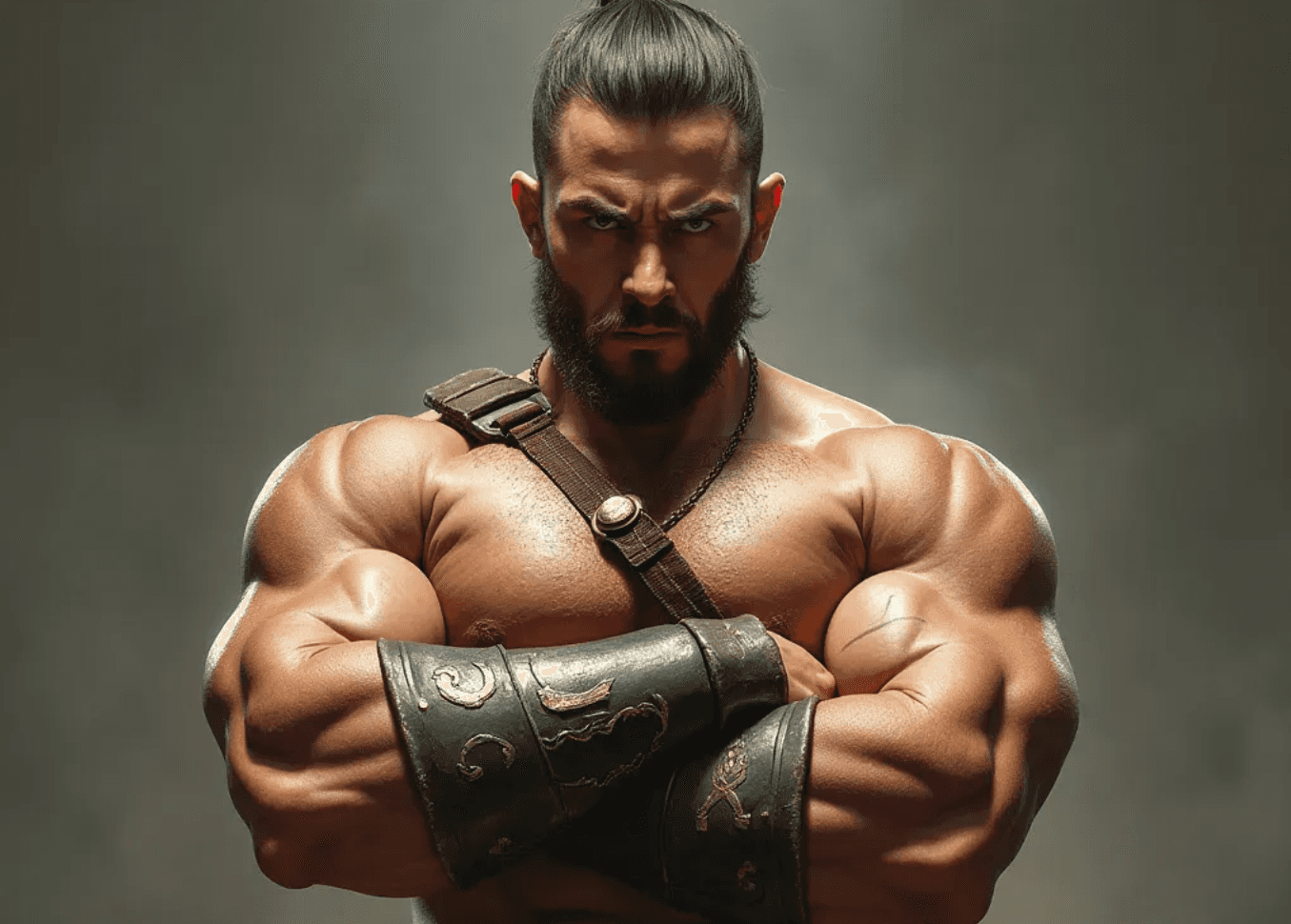
Use Photography Terms: Many terms used in portrait photography will translate quite well to AI pose prompts. Make yourself more familiar with these terms can help you create more professional and visually appealing images. Research web, youtube or even courses, or just use this:
Headshot: A headshot focuses on the subject's head and shoulders, often used for portraits that highlight the person's face and expression.
Three-Quarters Pose: In a three-quarters pose, the subject is turned slightly away from the camera, showing more of one side of the body. This pose adds depth and dimension to the image.
Full-Length Portrait: As the name suggests, a full-length portrait captures the subject's entire body, from head to toe. This is a great option when you want to showcase the subject's outfit, posture, or how they interact with their environment.
Rule of Thirds: The rule of thirds is a fundamental principle of composition in photography. Imagine a grid dividing your image into nine equal sections. Positioning your subject off-center, along these lines or at their intersections, can create a more visually appealing and balanced composition.
For a complete guide to portrait poses, check out this Portrait Photography Poses resource.
Be More Creative, You are an Artist Here:
Abstract Concepts: Don't be afraid to think outside the box! AI image generators are capable of understanding and visualizing abstract concepts. Use imaginative descriptions like "floating," "glowing," "dissolving," "morphing," or "surrounded by energy" to add a touch of magic and surrealism to your images.
Character Archetypes: Tap into classic character archetypes to quickly convey a sense of personality and role. Instead of just saying "a man," try prompts like "a wise old wizard," "a mischievous fairy," "a fearless knight," or "a powerful sorceress."
Example: A woman with flowing hair, dancing in a field of flowers, her arms gracefully reaching towards the sky.
AI Pose Prompts: 15 Examples to Inspire You
Let's put these techniques into action with some concrete examples:
Poses for Conveying Power and Confidence:
The Leader: A woman in a power suit, standing with her hands clasped in front of her, a confident smile on her face.
The Protector: A muscular warrior, standing with his sword drawn, his body shielding a young child behind him.
The Visionary: A man standing on a mountaintop, looking out at the horizon with a determined expression, as if contemplating the future.
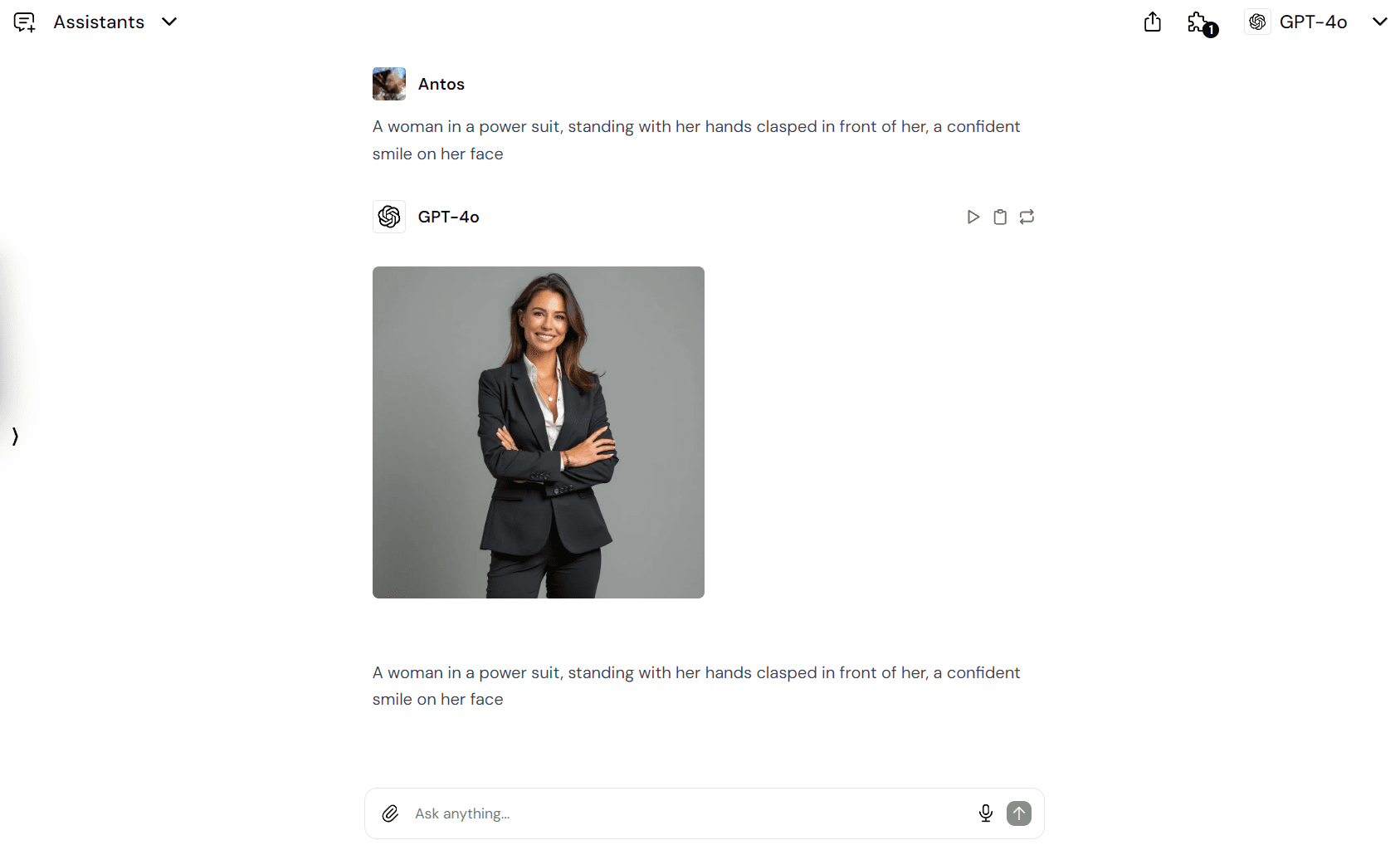
Poses for Expressing Relaxation and Tranquility:
The Meditator: A young woman sitting in a lotus position, her eyes closed, a serene expression on her face, surrounded by a soft glow.
The Bookworm: A man relaxing in a comfortable armchair by a fireplace, deeply engrossed in a book, a warm cup of tea on the table beside him.
The Nature Lover: A woman lying on her back in a field of wildflowers, her eyes closed, basking in the warm sunlight.
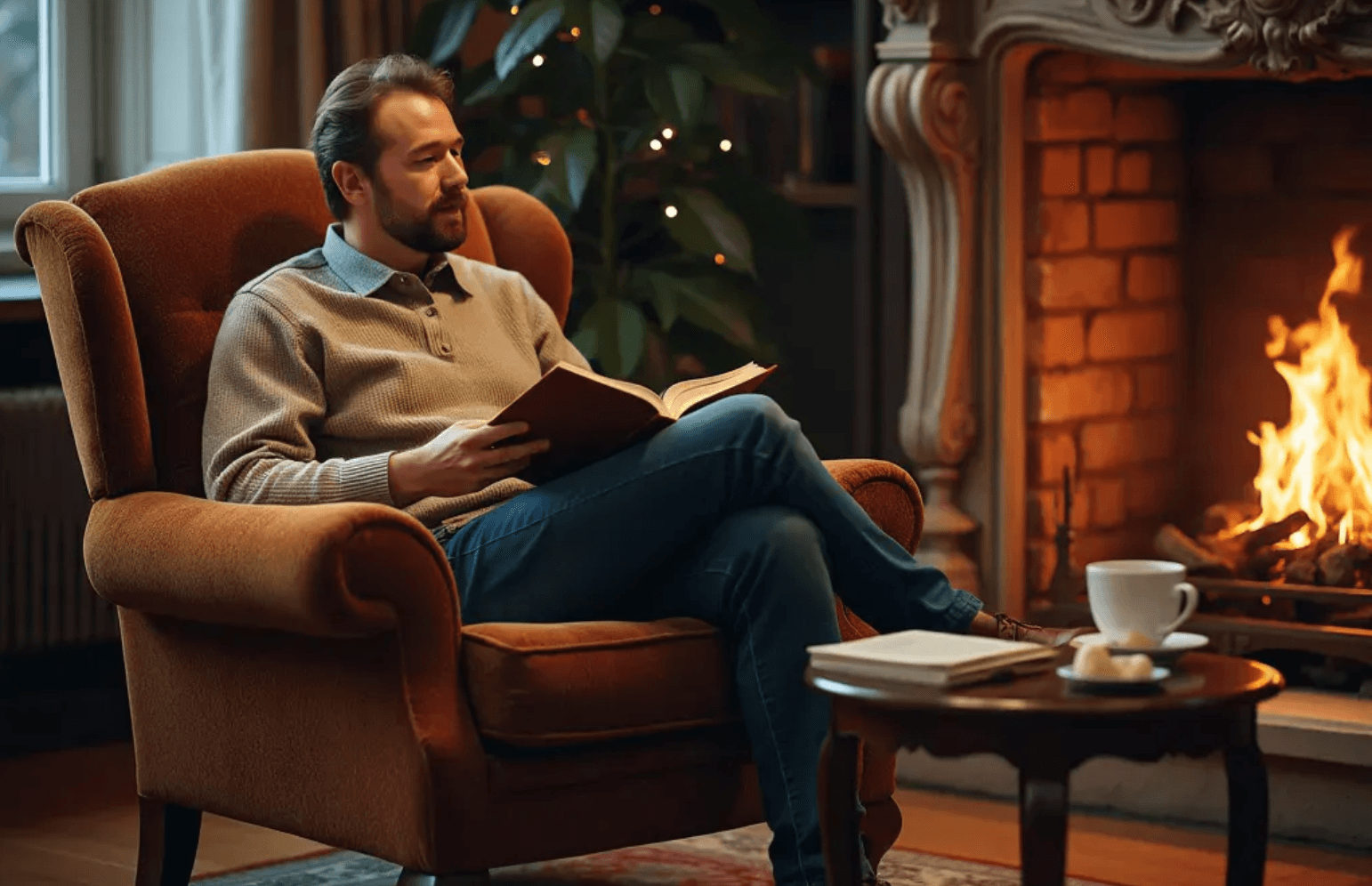
Poses for Capturing Action and Movement:
The Dancer: A ballerina gracefully leaping through the air, her arms outstretched, her long white dress billowing around her.
The Athlete: A runner sprinting toward the finish line, determination etched on his face, his muscles straining with effort.
The Adventurer: A woman climbing a steep mountain path, her backpack securely fastened, her eyes fixed on the summit.
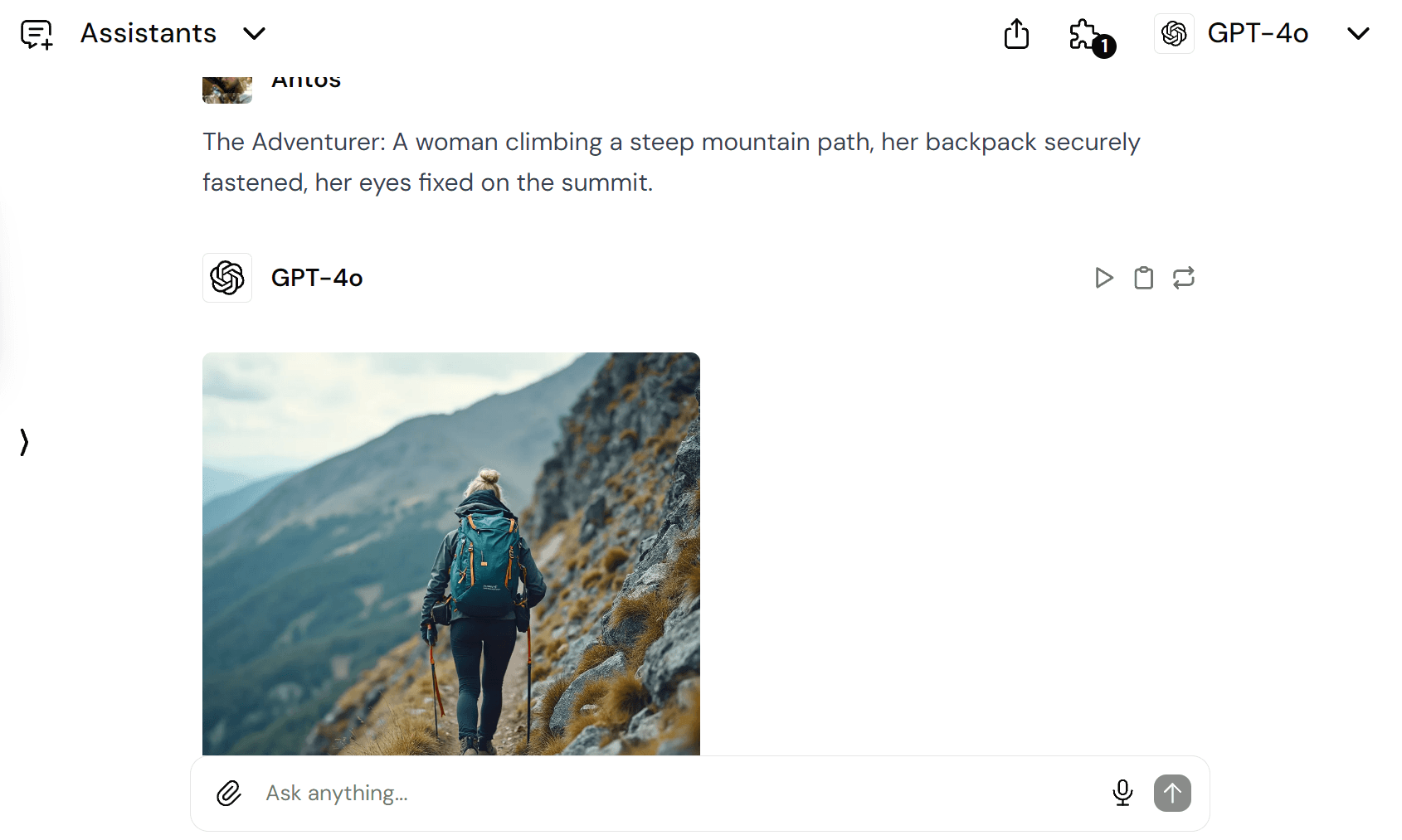
Poses for Creating Intrigue and Mystery:
The Shadowy Figure: A hooded figure standing in a dark alleyway, their face obscured by shadows, only their glowing eyes visible.
The Enigmatic Woman: A woman sitting alone at a table in a dimly lit cafe, a single rose in a vase before her, a wistful expression on her face.
The Guardian: A knight in shining armor, standing guard in front of a castle gate, his sword at the ready, his face hidden behind his helmet.
Creative and Imaginative Poses:
The Surreal Dream: A figure floating in a dreamscape, surrounded by abstract shapes and swirling colors, their body contorting in impossible ways.
The Mythical Creature: A majestic unicorn standing in a forest clearing, its horn glowing with a magical light, its eyes filled with wisdom and grace.
The Cosmic Being: A celestial being radiating light and energy, surrounded by stars and planets, their form shifting and changing before your eyes.
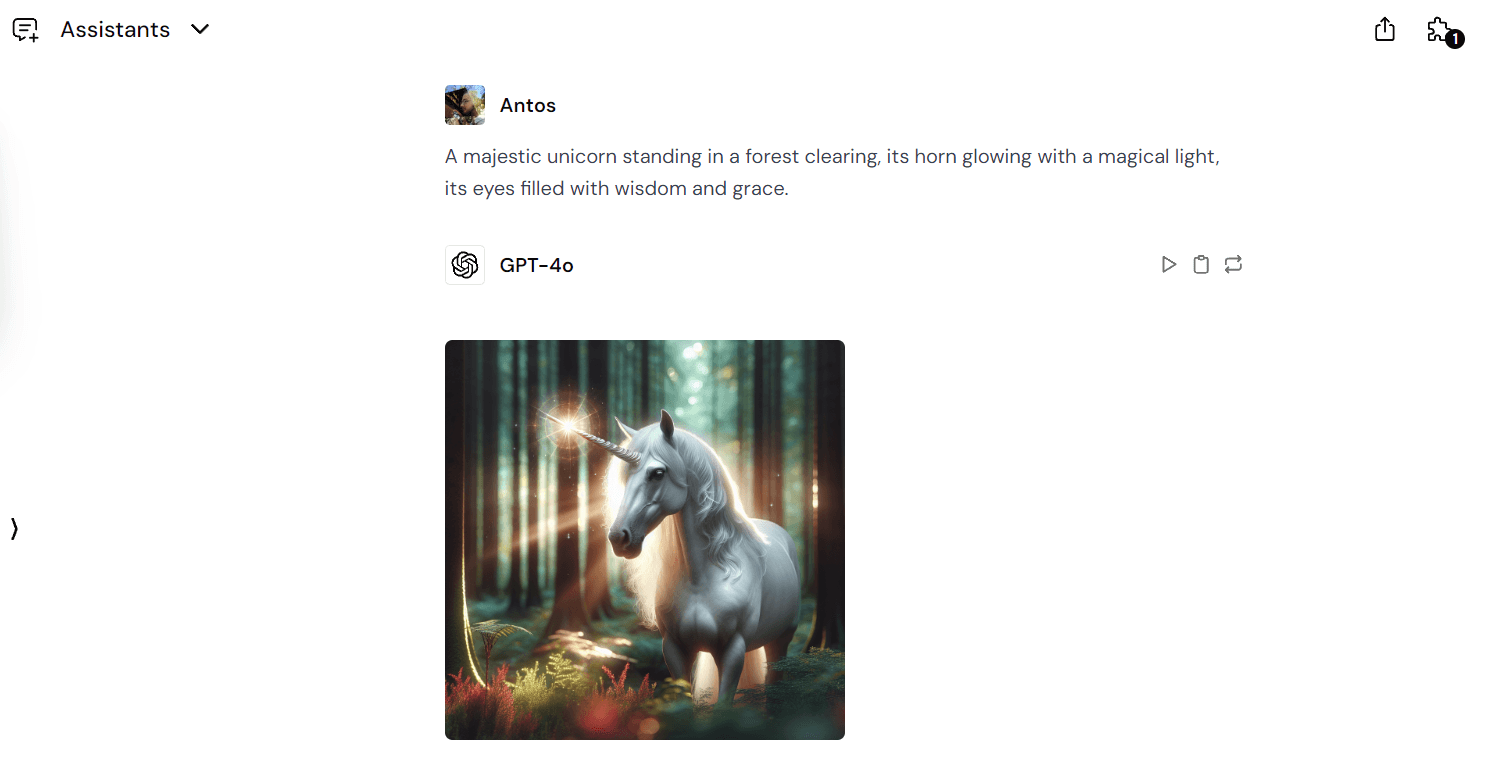
Master Human Pose: Some Tips for Success
Here I will share what in my experience helps to make better and more natural images with ai poses.
Experiment: The beauty of AI art is that you can experiment freely! Don't be afraid to try different poses, combinations of modifiers, and artistic styles to see what works best for your artistic vision.
Iterate: If your first attempt doesn't turn out exactly as you imagined, don't give up! Refine your prompt by adding more detail, changing the wording, or experimenting with different AI models. The more you iterate, the closer you'll get to achieving your desired results.
Reference Images: Sometimes it's easier to visualize a pose by looking at real-life examples. Use photos, illustrations, or even your own body language as inspiration for your AI pose prompts.
Join Communities: The world of AI art is full of passionate creators! Connect with other AI art enthusiasts online to share tips, tricks, ask questions, and get feedback on your work. Online forums, social media groups, and Discord servers dedicated to AI art can be invaluable resources.

Exploring the Possibilities with Writingmate
While tools like Stable Diffusion, DALL-E 3, and Midjourney on its own are fantastic for generating images, Writingmate takes it a step further. It offers you the combined power of multiple AI models for image generation and for text generation as well — including the latest DALLE-3, Flux, Stable Diffusion, GPTs like GPT-4 and GPT-4 Mini, Claude, Mistral, LLaMa, and many others — all within one platform. This means you can seamlessly switch between different AI models for text generation, code creation, translation, and much more, including image generation! Try it out here: https://writingmate.ai

Conclusion
AI pose prompts are your key to unlocking new levels of creativity with AI art generation. This means that if you know the art of describing poses, you can bring your characters to life. You will convey emotions, and tell compelling stories through your AI-art. So start experimenting, explore different techniques, and see what amazing visuals you can create!
For detailed articles on AI, visit our blog that we make with a love of technology, people, and their needs: writingmate.ai/blog
Written by
Artem Vysotsky
Ex-Staff Engineer at Meta. Building the technical foundation to make AI accessible to everyone.
Reviewed by
Sergey Vysotsky
Ex-Chief Editor / PM at Mosaic. Passionate about making AI accessible and affordable for everyone.
